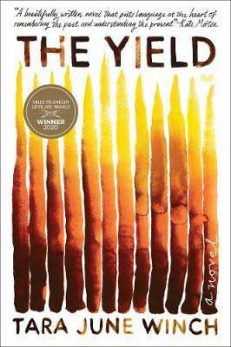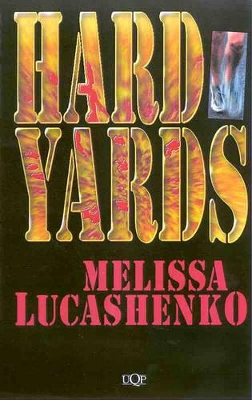


Even when our preliminary cuppas were interrupted by the misfunctioning emergency siren, my mood didn’t falter. Reader, as I headed into the Indigenous Centre that September afternoon, I was walking on air. My latest novel had just won Australia’s biggest literary prize, and the Bundjalung mob on campus had invited me down to give a talk. Lucashenko is set to receive $60,000 in prize money through the award, originally established through the will of celebrated author Miles Franklin and currently managed by investment group Perpetual.Īlso shortlisted for the 2019 prize were South Australian author Jennifer Mills for her novel Dyschronia, The Lebs author Michael Mohammed Ahmad, A Sand Archive author Gregory Day, previously shortlisted The Death of Noah Glass author Gail Jones and two-time Miles Franklin winner Rodney Hall.T hree years ago my partner dropped me at Southern Cross uni in Lismore, agreeing to text in a couple of hours. “Lucashenko weaves a (sometimes) fabulous tale with the very real politics of cultural survival to offer a story of hope and redemption for all Australians.” “ Too Much Lip is driven by personal experience, historical injustice, anger and what in Indigenous vernacular could be described as ‘deadly Blak’ humour,” judging panel chair and State Library of NSW Mitchell Librarian Richard Neville says of the book. I have no idea what to do next, other than keep plugging away at my civilising mission to mainstream Australia.” Too Much Lip (Queensland University Press) “I only recently realised that I could be doing so much more in my writing and now this goes and happens. “It’s kind of terrifying,” Lucashenko says of the win.

Since its publication the book has also been shortlisted for the 2019 Stella Prize and Victorian Premier’s Literary Awards. Having previously earned a spot on the Miles Franklin Literary Award longlist for her award-winning 2013 novel Mullumbimby, Lucashenko’s follow-up Too Much Lip has been widely praised for its story of a woman returning to her hometown on Bundjalung country to navigate family legacies, the criminal justice system and commercial development of culturally important land.


 0 kommentar(er)
0 kommentar(er)
